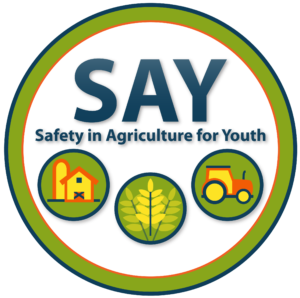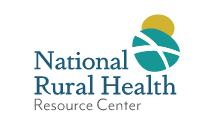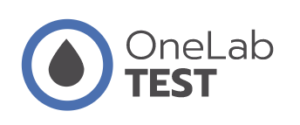May 25, 2023

More about RMOMS Funding Opportunity
The Federal Office of Rural Health Policy is pleased to announce that the Rural Maternity and Obstetrics Management Strategies Program (RMOMS) is now open on grants.gov (announcement number: HRSA-23-049) and accepting applications through July 7, 2023. A total of $2 million is anticipated to fund up to two health networks in this cooperative agreement program.
The purpose of the RMOMS program is to preserve access to and continuity of maternal and obstetrics care in rural communities that address the following RMOMS Focus Areas: 1) Rural Hospital Obstetric Service Aggregation; 2) Approaches to Risk Appropriate Care; and 3) Financial Sustainability.
This year the RMOMS program is providing funding priority for areas with the highest maternity care health professional target area (MCTA) score.
The goals of the RMOMS program are to:
- Identify and implement evidence-based and sustainable delivery models for the provision of maternal and obstetrics care in rural hospitals and communities
- Enhance and preserve access to maternal and obstetric services in rural hospitals that includes developing an approach to aggregate, coordinate, and sustain the delivery and access of preconception, prenatal, pregnancy, labor and delivery, and postpartum services among hospitals within a rural region
- Provide training for professionals in health care settings that do not have specialty maternity care
- Collaborate with academic institutions that can provide regional expertise and help identify barriers to providing maternal health care, including strategies for addressing such barriers
- Assess and address disparities in infant and maternal health outcomes, including among rural racial and ethnic minority populations and underserved populations.
Eligibility for the program requires that the applicant organization must be part of a group of entities that are either an established or a formal network, which may need to be expanded to meet this program’s network definition.
The applicant must have a network composition that includes:
- at least three rural hospitals or Critical Access Hospitals (CAHs)
- at least one academic or tertiary institution that can provide regional expertise and help identify barriers to providing maternal health care, including strategies for addressing such barriers
- the state Medicaid agency
Eligible applicants may request up to $1M each year in the program’s 4-year period of performance September 30, 2023 through September 29, 2027.
A live technical assistance webinar is scheduled for May 31, 2023 from 2 p.m. – 3 p.m. ET to assist applicants in preparing their applications. The webinar will be recorded and playback information can be accessed at the RMOMS webpage.
Call-In Number: 1-833-568-8864
Meeting ID: 160 363 0214
Passcode: 42409094
Link: https://hrsa-gov.zoomgov.com/j/1603630214?pwd=eGpkSHFwS0s4d3BWWm5xamFrUE5zZz09
All application materials will be available on grants.gov and must be submitted electronically under the funding announcement on the grants.gov website. For questions about this funding opportunity, please contact: RMOMS@hrsa.gov










